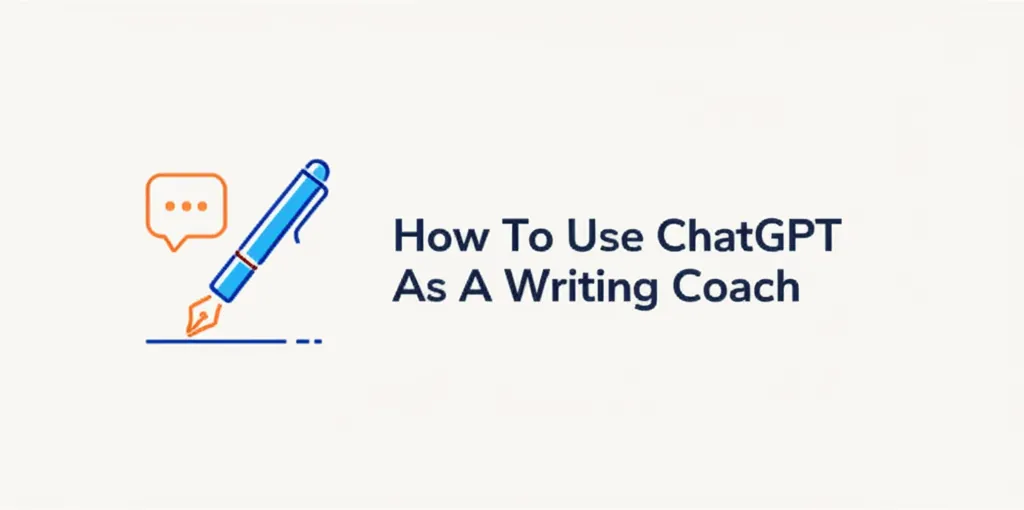Developer Offer
Try ImaginePro API with 50 Free Credits
Build and ship AI-powered visuals with Midjourney, Flux, and more — free credits refresh every month.
AI Slop Is Taking Over Your Social Media
If your social media feeds have felt a bit off lately, you're not alone. From strange photos to bizarre headlines, a new form of junk content is rapidly spreading across platforms like Facebook, Pinterest, and even Spotify. It's called 'AI slop', and it's changing the way we see the internet.
What Is AI Slop?
AI slop is a catch-all term for the low-quality, misleading, or completely fake content created using artificial intelligence. This includes everything from AI-generated images and made-up quotes to entire articles written by bots. While some of it is silly or nonsensical, much of it is designed to be manipulative, pushing everything from financial scams and political propaganda to dangerous health misinformation.
Viral Fakes and Misleading Content
The impact of AI slop is already being felt. One of the most viral examples this year was a fake photo showing Shaquille O’Neal crying at Magic Johnson’s hospital bedside with the headline “Magic is dying.” Of course, Magic Johnson is perfectly fine. The image was entirely AI-generated but was still shared thousands of times.
In another instance, a synthetic image made it seem as though country singer Carrie Underwood was screaming at Whoopi Goldberg. This event never happened, but the post was shared widely, with the potential to create real-world division.
This trend isn't just about celebrity fakes. It's invading hobbyist communities as well:
- On Pinterest, entire groups dedicated to houseplants and home design have been flooded with AI-generated images and advice. Some posts even link to fake online stores selling products that don't exist.
- On Spotify, a fictional band called Desert Sunset released songs, album art, and promotional photos—all created with AI. The music accumulated over a million plays before the public realized the band was never real.
A study from the Stanford Internet Observatory highlighted how Facebook's algorithm often promotes pages filled with this type of AI-generated content, allowing it to reach a massive audience before anyone realizes it's not authentic.
The Dangers of Eroding Trust
According to AI strategist Rachanda Hall, the flood of fake content creates a much bigger problem than just a cluttered feed: it makes people doubt what's real. “There are people who... believe there are so many untruths out there, that when you start telling them the truth, they don’t believe it,” Hall explains.
This phenomenon is known as the liar's dividend. The theory suggests that when people are constantly exposed to false information, they eventually stop trusting anything. Even real news, genuine photos, and verified videos can be dismissed as fake.
Beyond eroding trust, AI slop also harms real creators. Artists, musicians, and writers who pour months or years into their work are being drowned out by users who can generate dozens of posts in just a few hours using AI.
Your Role in Stopping the Spread
While the problem is large, we all have a part to play in the solution. Hall believes personal responsibility is key to curbing the spread of AI slop.
“I think we all have a responsibility to take a second to confirm the information that we are looking at,” she says. “Look for a second or third source that confirms it before you hit that share button.”
Slowing down, asking critical questions, and sharing content responsibly may be the best defense we have. In an online world where everything is starting to look fake, taking these small steps is essential to ensure the truth doesn't get lost in the noise.
Compare Plans & Pricing
Find the plan that matches your workload and unlock full access to ImaginePro.
| Plan | Price | Highlights |
|---|---|---|
| Standard | $8 / month |
|
| Premium | $20 / month |
|
Need custom terms? Talk to us to tailor credits, rate limits, or deployment options.
View All Pricing Details

